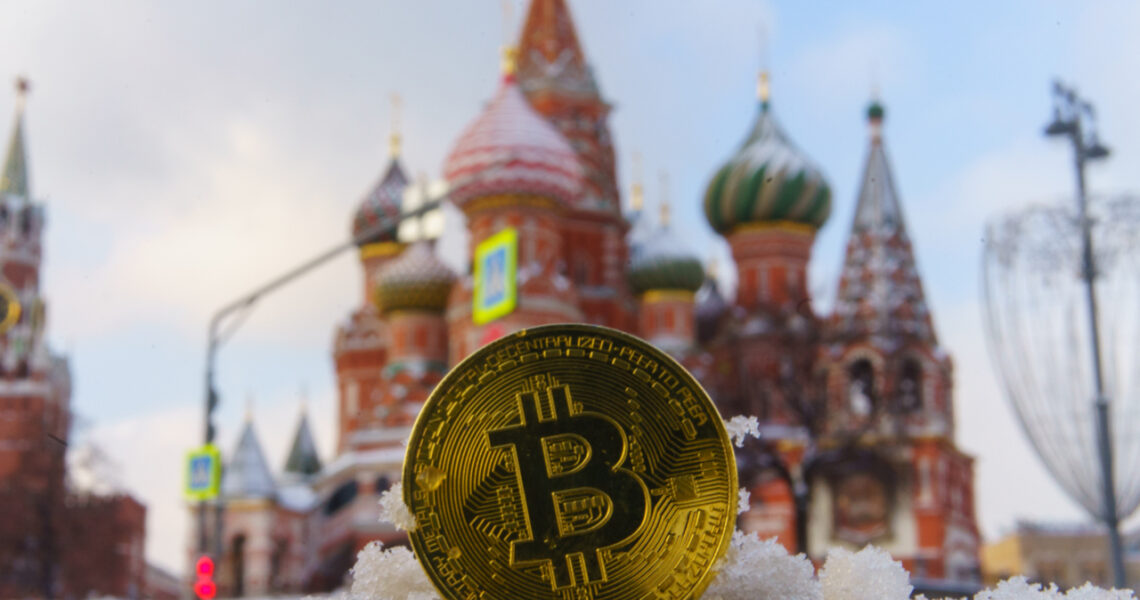Pavel Durov, founder of the messaging app Telegram, has criticized Bank of Russia’s proposal to impose a blanket ban on a range of crypto-related activities. Such move would stifle high-tech development and chase away blockchain specialists, Durov says.
Durov Speaks Out Against Bank of Russia Push for Crypto Ban
The cryptocurrency ban proposed by the Central Bank of Russia (CBR) will destroy a number of high-tech sectors and spark an outflow of IT specialists, Pavel Durov, the man behind the popular-in-the-crypto-community messenger, Telegram, has predicted. The Russian entrepreneur also alerted that the restrictive policy would hinder blockchain development. In a Telegram post, Durov stated:
No developed country bans cryptocurrencies. Reason: such a ban will inevitably slow down the development of blockchain technologies in general. These technologies improve the efficiency and safety of many human activities, from finance to arts.
Durov emphasized that solutions based on distributed ledgers, and using cryptocurrencies as units of account, are replacing what he described as “the obsolete centralized financial systems of the second half of the 20th century.”
He pointed out that Russia’s neighbors, from Ukraine to Uzbekistan, are following in the footsteps of developed nations and adopting progressive laws for the blockchain space as they don’t want to remain on the sidelines of technological and economic progress.
This past Thursday, the CBR published a consultation paper detailing its comprehensive view on the future of cryptocurrencies in Russia. The regulator proposed the prohibition of a wide range of crypto operations, including the free circulation, exchange, and mining of digital coins.

Russia is now one of the leaders in terms of number of highly qualified specialists in the blockchain industry, Pavel Durov noted. “Thoughtful regulation will allow the country to balance the distribution of forces in the international financial system and become one of the major players in the new economy,” he elaborated.
Durov acknowledged that any financial authority would naturally want to regulate the circulation of cryptocurrencies. However, he also warned that a total ban, such as the one recommended by the Central Bank of Russia, is unlikely to stop unscrupulous players while it threatens to put an end to legitimate Russian crypto projects.
Do you agree with Pavel Durov’s statements regarding Bank of Russia’s proposal to ban crypto-related activities? Share your thoughts on the subject in the comments section below.
